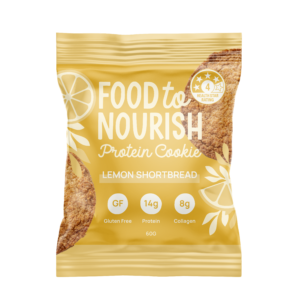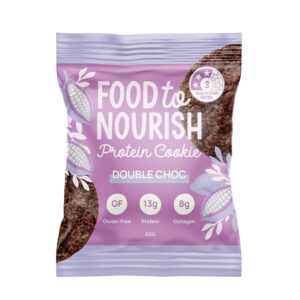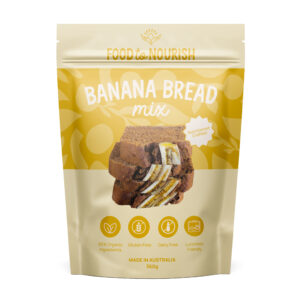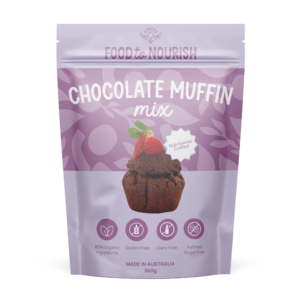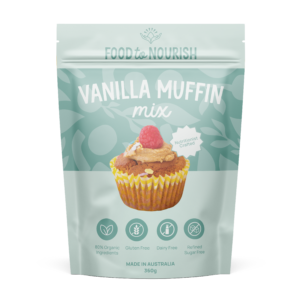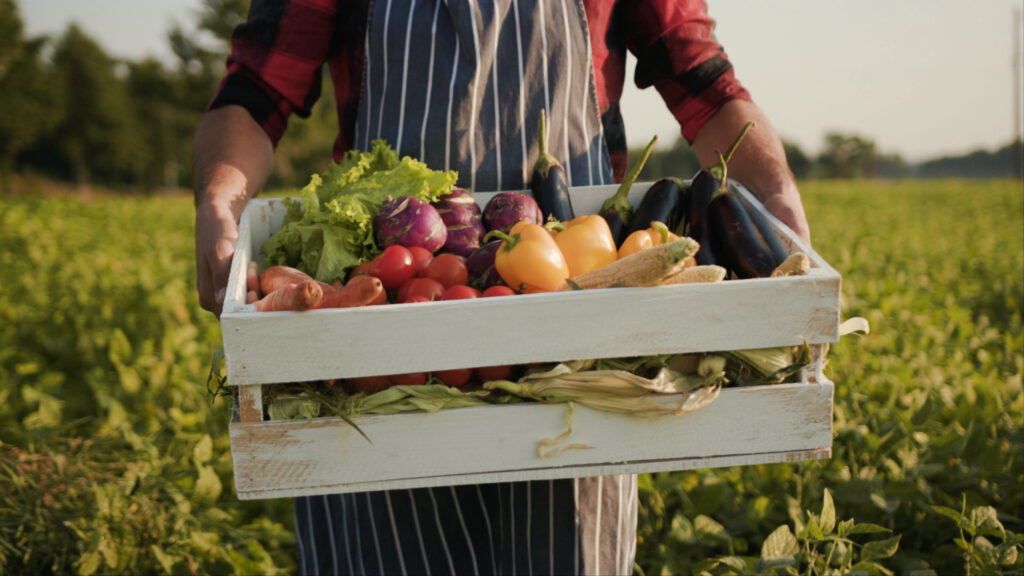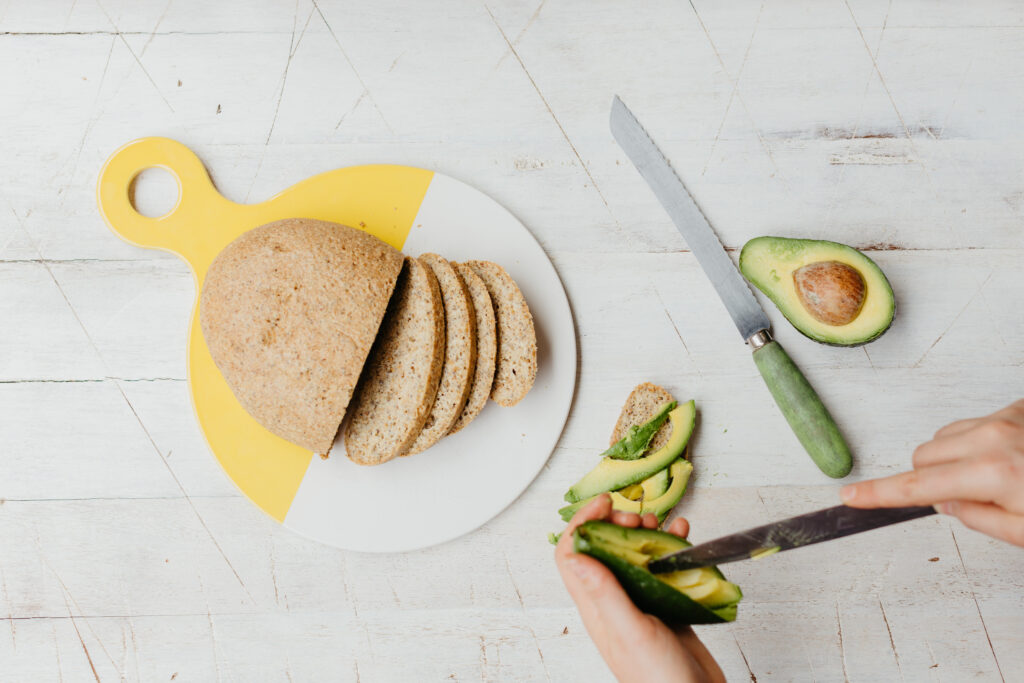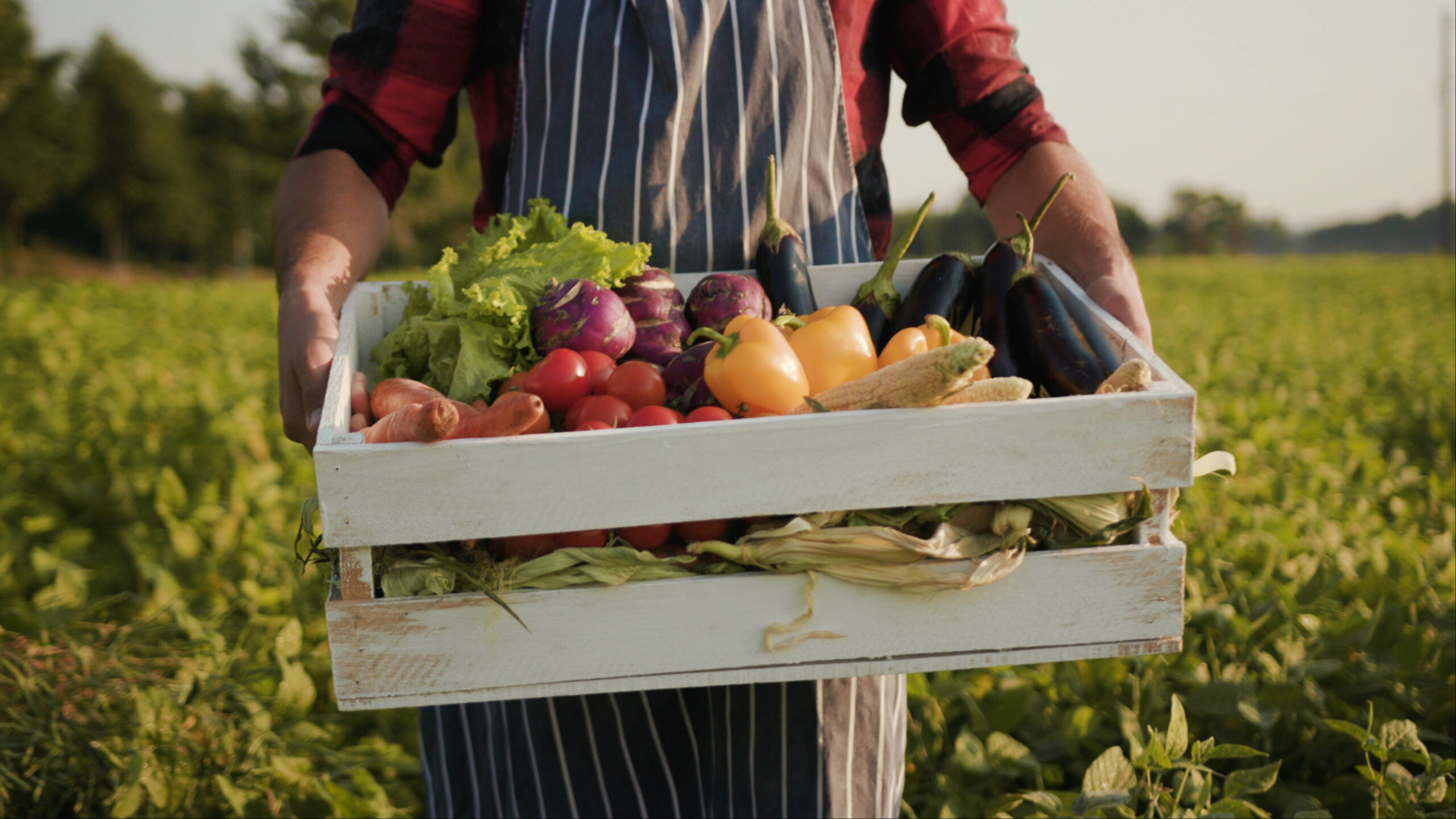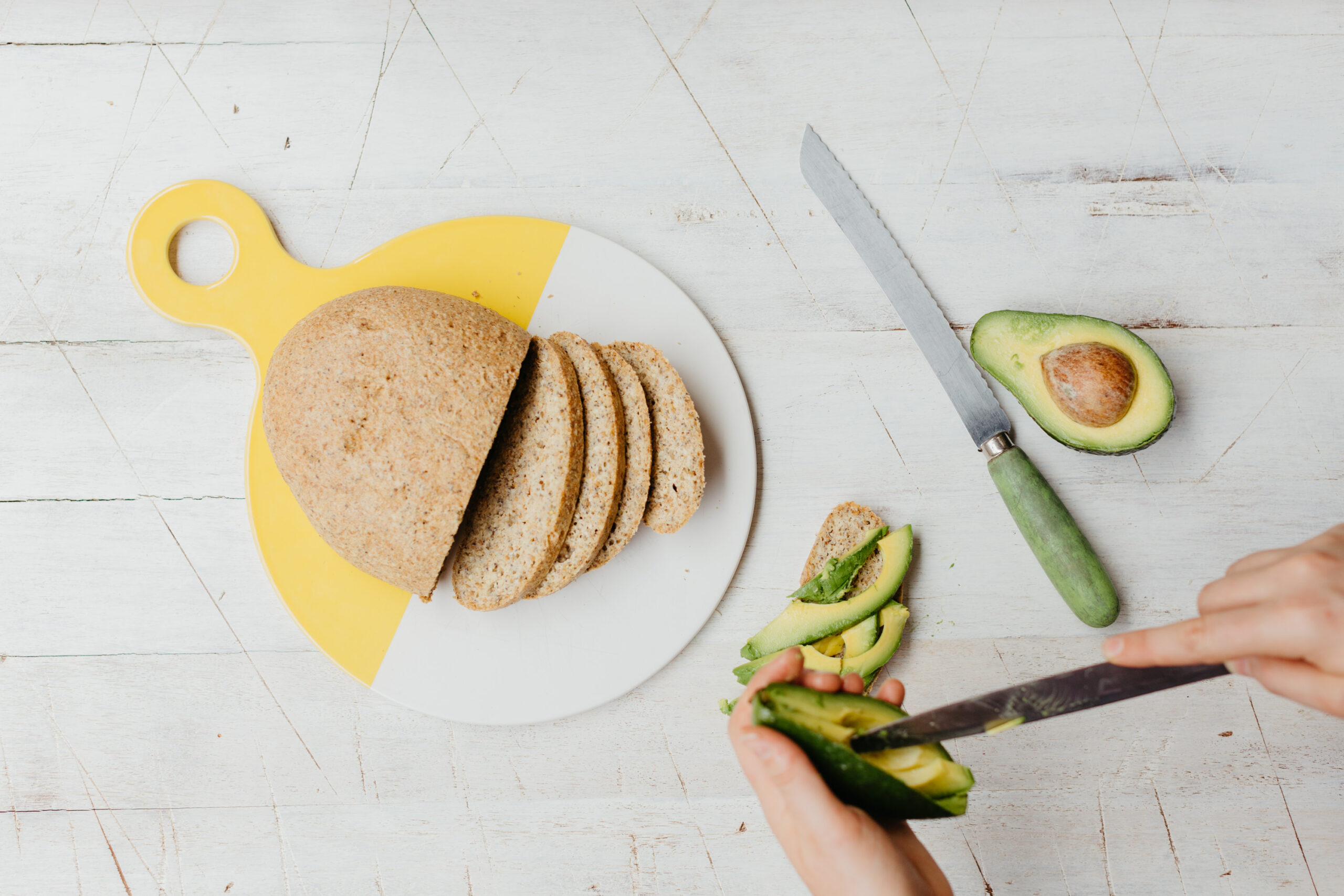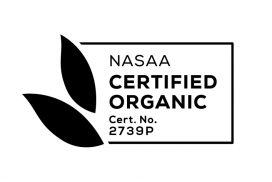We all hear about the perks of eating organic, but what exactly are they? Our in-house nutritionist, Kirsty, is here to break down the real benefits of choosing organic foods and how it impacts our planet.
- Less Exposure to Toxins
Since organic farming skips synthetic fertilizers, pesticides, and GMOs, it’s no surprise that eating organic produce cuts down on pesticide exposure. A recent study even confirmed this, showing that people who eat organic have fewer pesticides in their system compared to those who eat conventionally grown foods.
- Better for the Environment
Organic farming is kinder to our planet. It’s more sustainable than conventional farming because it reduces pollution and improves soil health. Organic methods use natural fertilizers, crop rotation, and pest control instead of chemicals, making it a greener choice.
- Healthier Outcomes
There’s growing evidence that eating organic might be linked to better health. While clinical trials are limited, observational studies suggest that eating organic could reduce the risk of infertility, birth defects, obesity, metabolic syndrome, allergies, pre-eclampsia, and certain cancers.
- Is Organic More Nutritious?
The jury’s still out on whether organic food is nutritionally superior. Some studies find little difference in the basic nutrients like protein, fat, carbs, and fiber between organic and conventional foods. However, organic produce often has more antioxidants (polyphenols) and organic dairy and meat might have more omega-3s.
- Fresh vs. Frozen Organic: Which is Better?
On the contrary from what one might think, frozen organic produce can be just as good, if not better, than fresh. Frozen fruits and veggies are usually picked at their peak ripeness and then frozen, which locks in their nutrients. But do keep in mind, nutrients degrade over time, whether fresh or frozen.
- The Dirty Dozen and the Clean Fifteen
The Environmental Working Group (EWG) puts out a yearly guide called the ‘Shopper’s Guide to Pesticides in Produce’. It lists the ‘Dirty Dozen’ (fruit and vegetables with the most pesticide residues) and the ‘Clean Fifteen’ (fruit and vegetables with the least). This guide helps you decide which fruit and vegetables to buy organic and which are safe to buy conventionally grown, especially if you’re on a budget.
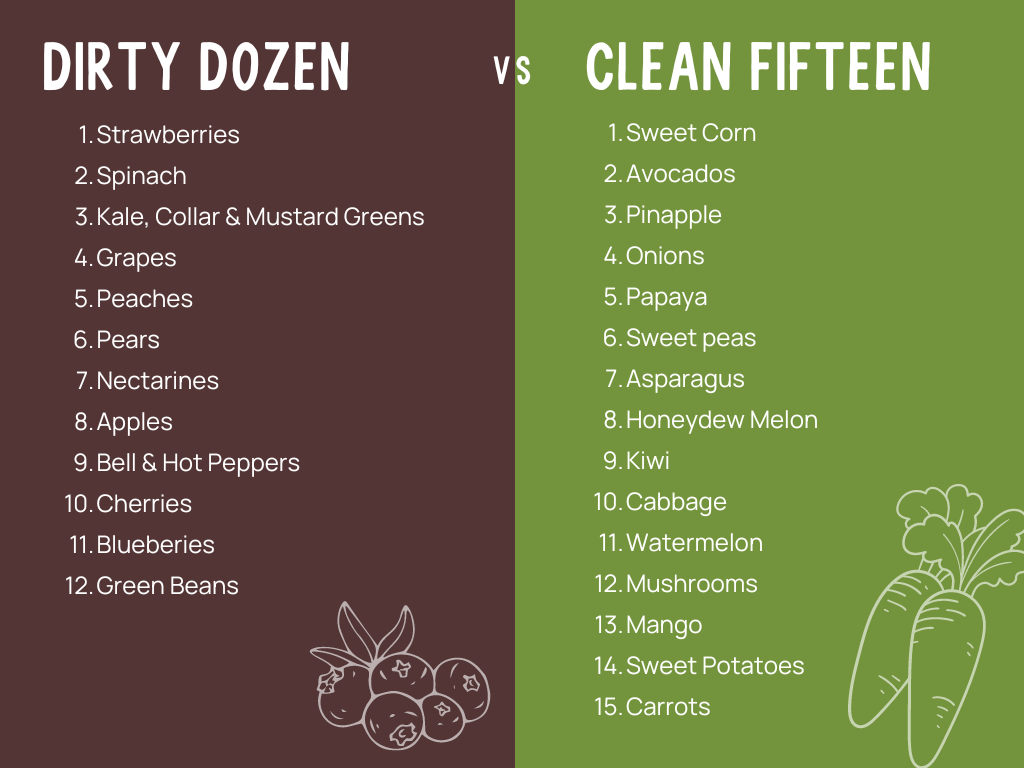
If you’re thinking about going organic, you can find organic foods at supermarkets, farmers markets, health food stores, and directly from producers like Food to Nourish. Check out our certified organic products like Nut Butters, Bliss Bars, and Baking Mixes!
References
- Liu B, Curl CL, Brantsæter AL, Torjusen H, Sun Y, Du Y, Lehmler HJ, Balentine A, Snetselaar LG, Bao W. Perspective: Organic food consumption during pregnancy and the potential effects on maternal and offspring health. Adv Nutr. 2023 Jan;14(1):12-21
- Rempelos, L. Wang, J. Barański, M. Watson, A. Volakakis, N. Hoppe, H.W. Diet and food type affect urinary pesticide residue excretion profiles in healthy individuals: results of a randomized controlled dietary intervention tria The American Journal of Clinical Nutrition, Volume 115, Issue 2, 2022, Pages 364-377
- De Oliveira Faoro DT, Artuzo FD, Borges JA, Foguesatto CR, Dewes H, Talamini E. Are organics more nutritious than conventional foods? A comprehensive systematic review. Heliyon. 2024 Mar 21.
- Gamage, A. Gangahagedara, R. Gamage, J. Jayasinghe, N. Kodikara, N. Suraweera, P. Role of organic farming for achieving sustainability in agriculture, Farming System, Volume 1, Issue 1, 2023, 100005.
- Vigar V, Myers S, Oliver C, Arellano J, Robinson S, Leifert C. A Systematic Review of Organic Versus Conventional Food Consumption: Is There a Measurable Benefit on Human Health? Nutrients. 2019 Dec 18;12(1):7
- Glibowski P. Organic food and health. Rocz Panstw Zakl Hig. 2020;71(2):131-136.
- Barański, M. Rempelos, L. Iversen, P.O. Leifert C. Effects of organic food consumption on human health; the jury is still out!Food Nutr. Res. 2017;61:1287333



